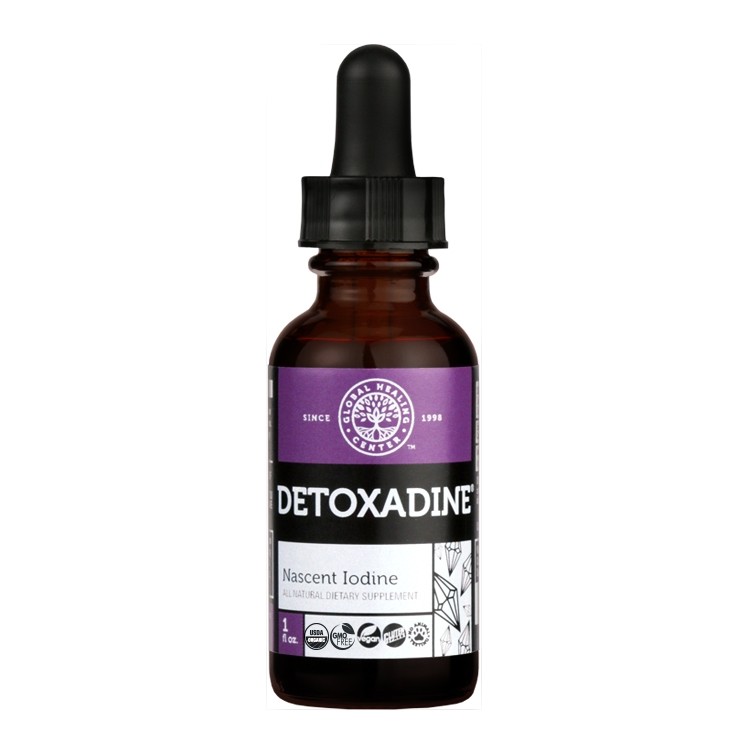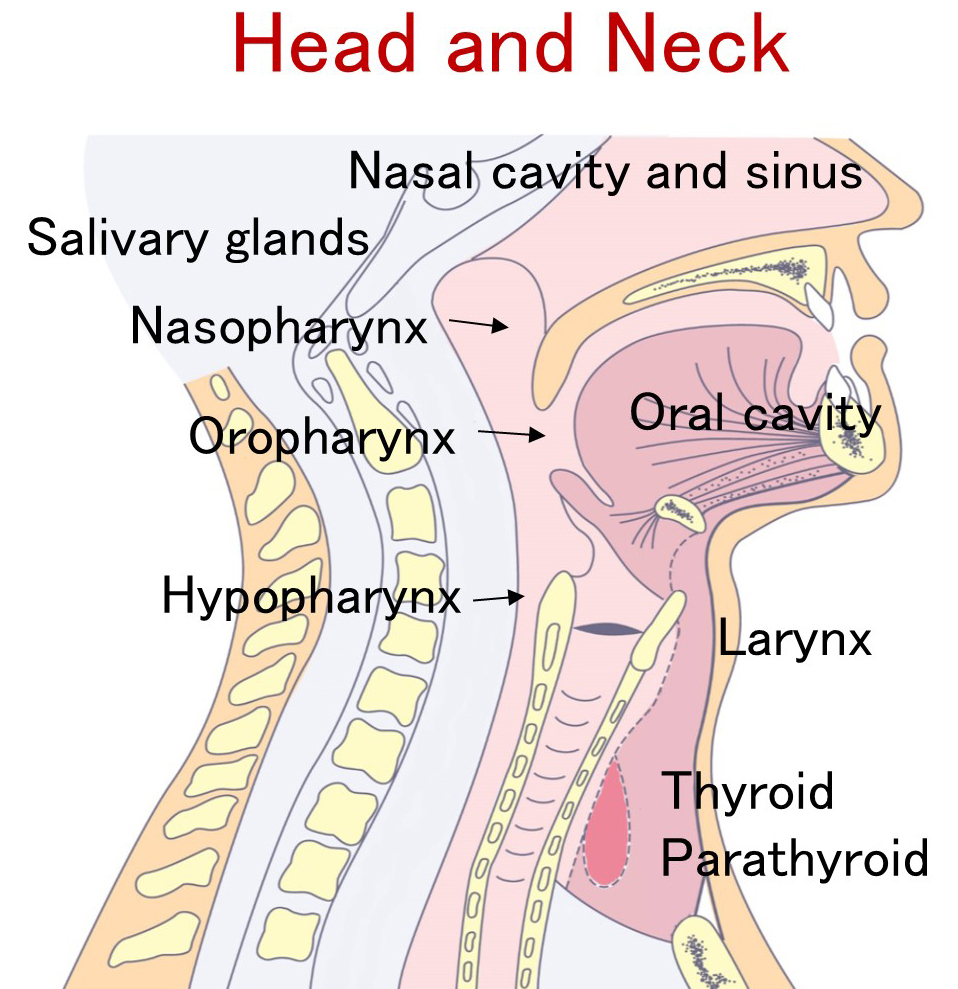A risk factor is anything that increases a person’s chance of developing cancer. Although risk factors often influence the development of cancer, most do not directly cause cancer. Some people with several risk factors never develop the disease, while others with no known risk factors do. Knowing your risk factors and talking about them with your doctor may help you make more informed lifestyle and health care choices.
The 2 substances that greatly increase the risk of developing a head and neck cancer are:
-
Tobacco. Tobacco use includes smoking cigarettes, cigars, or pipes; chewing tobacco; and using snuff. It is the single largest risk factor for head and neck cancer. Eighty-five percent (85%) of head and neck cancers are linked to tobacco use, and the amount of tobacco use may affect prognosis, which is the chance of recovery. In addition, secondhand smoke may increase a person’s risk of developing head and neck cancer.
-
Alcohol. Frequent and heavy alcohol consumption raises the risk of developing cancer in the mouth, pharynx, larynx, and esophagus. Using alcohol and tobacco together increases this risk even more.
Other factors that can raise a person’s risk of developing head and neck cancer include:
-
Prolonged sun exposure. This is especially linked to cancer in the lip area, as well as skin cancer of the head and neck.
-
Human papillomavirus (HPV). Research shows that infection with HPV is a risk factor for head and neck cancer. Sexual activity with a person who has HPV is the most common way someone gets HPV. There are different types of HPV, called strains. Research links some HPV strains more strongly with certain types of cancers. There are vaccines available to protect you from the HPV strains that cause head and neck cancer. See Latest Research for more information.
-
Epstein-Barr virus (EBV). Exposure to EBV, which is more commonly known as the virus that causes mononucleosis or "mono," plays a role in the development of nasopharyngeal cancer.
-
Gender. Men are 2 to 3 times more likely than women to develop head and neck cancer. However, the rate of head and neck cancer in women has been rising for several decades.
-
Age. People over the age of 40 are at higher risk for head and neck cancer.
-
Poor oral and dental hygiene. Poor care of the mouth and teeth has been suggested as a factor that may increase the risk of head and neck cancer.
-
Environmental or occupational inhalants. Inhaling asbestos, wood dust, paint fumes, and certain chemicals may increase a person’s risk of head and neck cancer.
-
Marijuana use. Research suggests that people who have used marijuana may be at higher risk for head and neck cancer.
-
Poor nutrition. A diet low in vitamins A and B can raise a person’s risk of head and neck cancer.
-
Gastroesophageal reflux disease (GERD) and laryngopharyngeal reflux disease (LPRD). Reflux of stomach acid into the upper airway and throat has been suggested as a factor associated with the development of head and neck cancer.
-
Weakened immune system. A weakened immune system can raise a person’s risk of head and neck cancer.
Prevention
Different factors cause different types of cancer. Researchers continue to look into what factors cause this type of cancer. Although there is no proven way to completely prevent this disease, you may be able to lower your risk. Talk with your doctor for more information about your personal risk of cancer.
Stoping the use of all tobacco products is the most important thing a person can do to reduce their risk, even for people who have been smoking for many years. Other steps that can reduce the risk of head and neck cancer include:
-
Avoiding alcohol
-
Discussing marijuana as a risk factor with your doctor and avoiding marijuana use
-
Using sunscreen regularly, including lip balm with an adequate sun protection factor (SPF)
-
Reducing your risk of HPV infection by receiving the HPV vaccine or by limiting your number of sexual partners, since having many partners increases the risk of HPV infection. Using a condom during sex cannot fully protect you from HPV.
-
Maintaining proper care of dentures. Poorly fitting dentures can trap tobacco and alcohol’s cancer-causing substances. People who wear dentures should have their dentures evaluated by a dentist at least every 5 years to ensure a good fit. Dentures should be removed every night and cleaned and rinsed thoroughly every day.
Screening is used to look for cancer before you have any symptoms or signs. Scientists have developed, and continue to develop, tests that can be used to screen a person for specific types of cancer. The overall goals of cancer screening are to:
-
Lower the number of people who die from the disease, or eliminate deaths from cancer altogether
-
Lower the number of people who develop the disease
Screening information for head and neck cancer
People who routinely drink alcohol, currently use tobacco products, or have used tobacco products in the past should receive general health screening examination at least once a year. This is a simple, quick procedure in which the doctor looks in the nose, mouth, and throat for abnormalities and feels for lumps in the neck.
Regular dental checkups are also important to screen for head and neck cancer.







